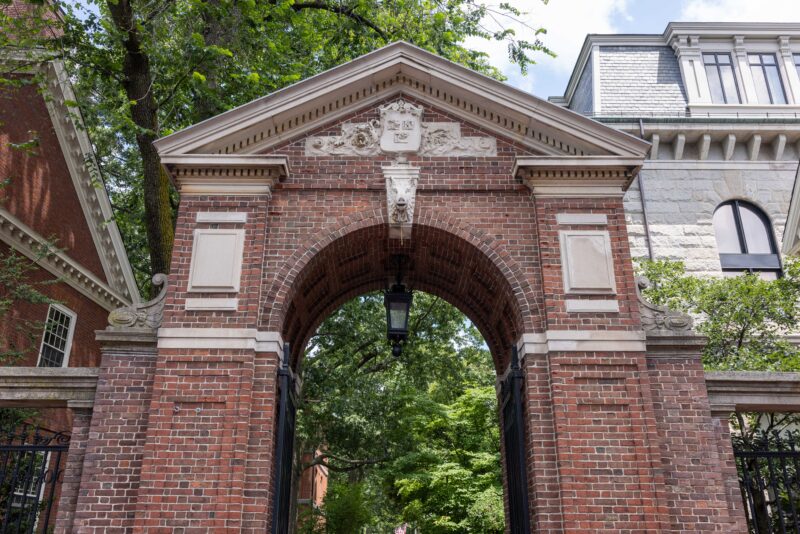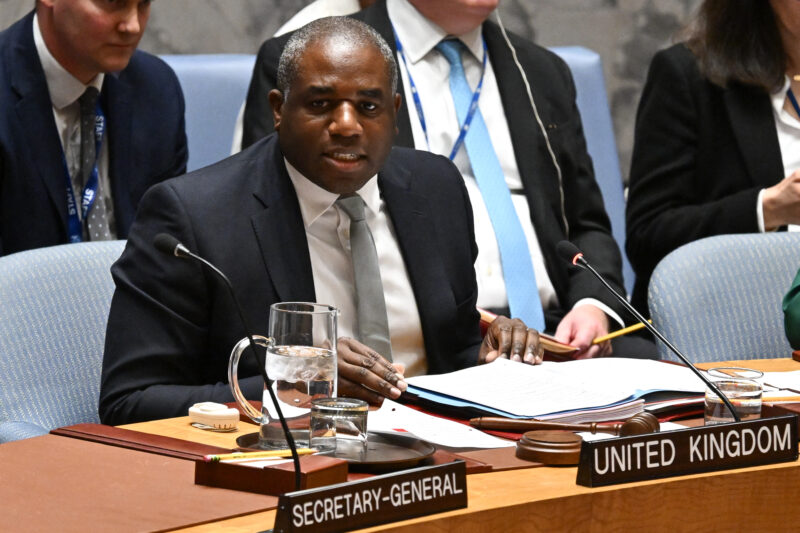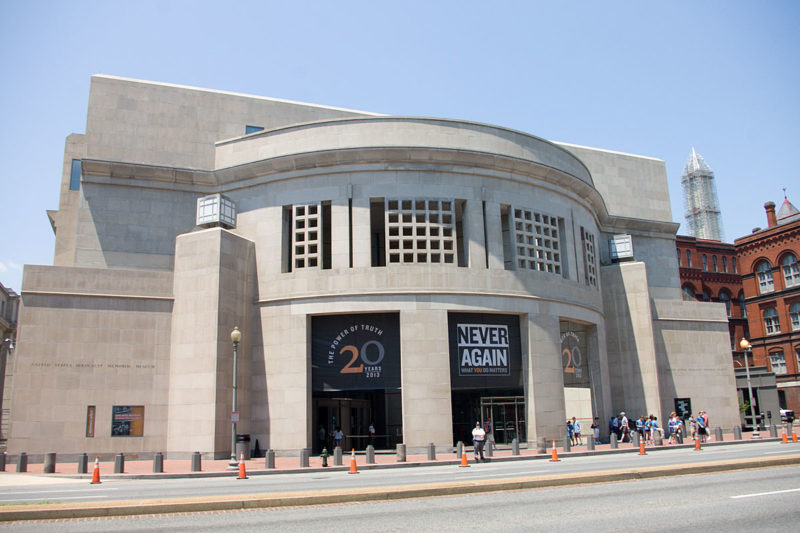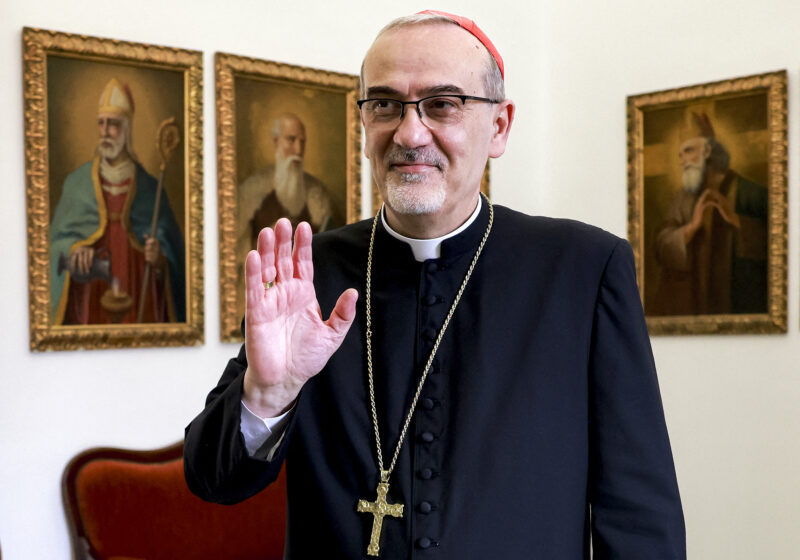New Yale president, Maurie McInnis, received high marks for handling of protests at Stony Brook
McInnis defended students’ freedom of speech, but cracked down on protesters when laws were broken

John Lamparski/Getty Images
President Maurie McInnis attends 25th annual Stars Of Stony Brook Gala at Cipriani 42nd Street on April 29, 2024 in New York City.
As Maurie McInnis prepares to take the helm at Yale University, Jewish leaders on Long Island and at Stony Brook University, where the art historian has been president since 2020, praised her for avidly defending free speech while also protecting Jewish students amid the anti-Israel campus protests that have roiled the New York school.
At Yale, after a spring semester gripped by protests and encampments, the executive director of the school’s Slifka Center for Jewish Life, Uriel Cohen, expressed hope that when McInnis takes over the New Haven campus in July, replacing outgoing President Peter Salovey, the “campus climate [will return] to one in which mutual responsibility and respect are once again hallmarks of the Yale community,” he told Jewish Insider.
During her tenure at Stony Brook, a SUNY public university in Suffolk County, McInnis “handled the encampments very well,” Mindy Perlmutter, executive director of the Jewish Community Relations Council Long Island told JI.
When encampments sprung up in the spring — and included antisemitic activity such as inhibiting the ability of Hillel to host its annual Jewish American Heritage Month celebration — McInnis said that anti-Israel demonstrations that comply with school policy will be permitted to continue. Ultimately, she shut down the encampments on May 2 after 22 Stony Brook students, two faculty members and five others were arrested for violating various laws.
Stony Brook Hillel’s executive director, Jessica Lemons, said that McInnis, who earned master’s and doctoral degrees from Yale in the 1990s and will be the university’s 24th president — and first woman in the post — “will leave behind big shoes.”
“Since October, our campus has seen dozens of protests, anti-Israel events and tables, incidents of doxxing, harassment and intimidation of Jewish students, and much of what other campuses around the country are seeing,” Lemons said.
“It has never been our expectation that our university president would be able to eradicate antisemitism, but rather that she and her administration would do their best to support students on campus, abide by rules set forth by both the first amendment and Title VI, and create an excellent institution of higher learning. By our measure, I believe President McInnis has done that,” Lemons continued.
Lemons noted that McInnis had to make “a number of tough decisions — some of which have made her unpopular with both sides of the issue — in an effort to serve as many students as possible and ensure the safety and sanctity of our campus.”
In addition to shutting down encampments, those decisions include an Oct. 10 statement condemning Hamas’ Oct. 7 terrorist attacks and a statement on Oct. 31 condemning the subsequent rise of antisemitism.
On May 13, the Stony Brook Faculty Senate narrowly defeated a motion to censure McInnis for her handling of the arrests, by a vote of 55-51. The Faculty Senate also voted to demand the university drop charges for those arrested during the protests, but McInnis defended her response.
Rabbi Adam Stein, who leads Stony Brook Chabad, said that “the Jewish community found comfort that McInnis did not excuse [antisemitism], as opposed to on other campuses where it was excused and encouraged.”
“She defended freedom of speech and freedom of assembly but when all that translated to lawlessness, she didn’t bargain with demonstrators and meet their demands, she just had them arrested,” Stein said.
Imani Chung, a rising senior who is active in Stony Brook’s Israel on Campus Coalition chapter, echoed that McInnis “did well with the encampments in particular.”
“She asked them to leave multiple times before the arrests,” Chung said, adding that she and her friends were spat on by the anti-Israel demonstrators.
Under the leadership of McInnis, Stony Brook secured a $500 million donation from Jim Simons’ Simons Foundation (the second-largest gift to a public university in U.S. history), as well as a $700 million bid to lead the New York Climate Exchange campus on Governors Island.
Lemons said, “I have been enormously satisfied with her and her team’s work to allocate safety resources, work collaboratively and discuss opportunities for anti-bias education.”













































































